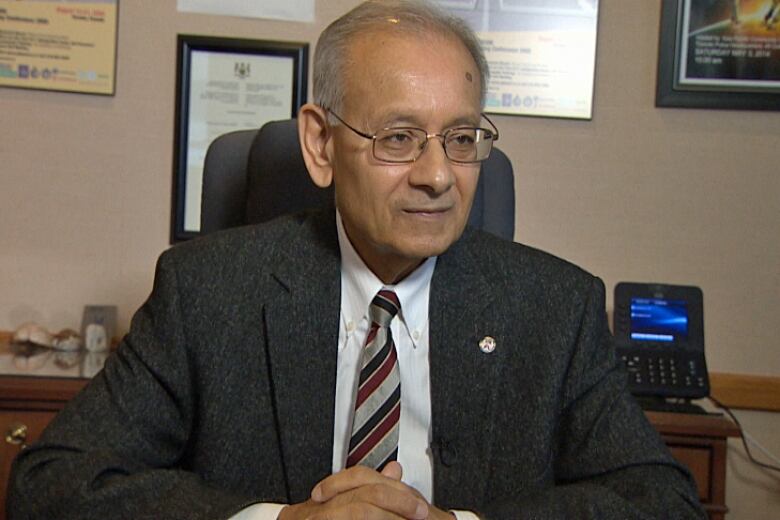Police not always following carding policy, study suggests
The Toronto Police Services Board set out new rules for a controversial police practice known as carding earlier this year, but a new survey suggests those guidelines are not being followed by front-line officers in all parts of the city.
Carding refers to the police practice of stopping people on the street and collecting information about them.
- Toronto police face new restrictions on carding
- Toronto police carding an 'incredibly effective tool'
In April, the police board made changes to its carding policy officers can now only question people for a public safety reason, must inform them of their right to walk away and must issue a receipt to those individuals.

The board recently commissioned a study looking at carding in 31 Division, an area in northwest Toronto that is bounded by Highway 401 to the south and Steeles Avenue to the north.
The Jane Street and Finch Avenue neighbourhood is located within 31 Division.
The survey of more than 400 people was conducted by LogicalOutcomes, a Toronto-based consulting firm.
The firm's executive director, Neil Price, said the study found that some of the new rules are not being followed.
Price said that 137 people surveyed were carded after the new police board policy came into effect.
"Eighty-five per cent of them said they didn't receive a receipt after being stopped and questioned," he told CBC Radios Metro Morning. "Over 65 per cent felt that there was no valid reason for the police officer to stop them."
The survey's findings will be formally presented to the police board on Thursday.

Asked how he expects the board will react, Price said he believes it will be "received with great urgency" by both the board and the police force.
Alok Mukherjee, the chair of the police board, told CBC News that the results of the study are disturbing, but said there is more to the story.
He said the board is waiting for Chief Bill Blair to finalize and provide a definition of the words "public safety purpose" for community contacts. That draft procedure is still a work in progress.
"I don't think we can lay the blame on the officers if we are not giving them a clear guidance," he said.
A spokesperson for Blair said the police chief will comment on the matter after Thursday's meeting.
With a report from the CBC's Sue Sgambati













_(720p).jpg)


 OFFICIAL HD MUSIC VIDEO.jpg)
.jpg)



























































































